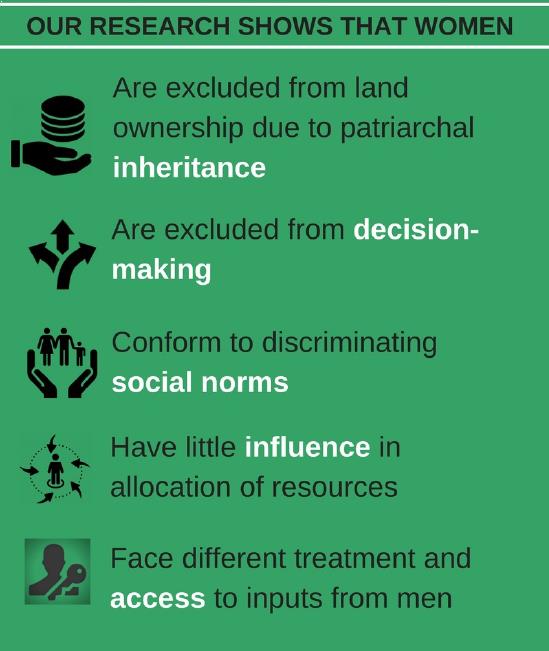In order to highlight the differential impact of poverty, inequality and conflict on women/girls and men/boys, PIND commissioned a Gender Assessment of the Niger Delta Region in 2011 which was conducted by the Centre for Development and Population Activities (CEDPA) and another study in 2012 titled Identification and Analysis of Traditional Gender Norms and its Impact on Generating Equitable Socio-Economic Development in Selected LGAs in Akwa Ibom, Bayelsa and Ondo States conducted by Aries Concept Nigeria Limited. Both studies showed the following:

Initially, there was an assumption that the key determinants of conflict within the Niger Delta had to do mainly with resource control and the resultant militancy which disrupted economic activities and resulted in a vicious cycle of conflict and poverty. Our Partners for Peace (P4P) began a stakeholder consultation in November 2012 to identify the causes of conflict in the Niger Delta. This process uncovered the stark reality that conflict risk factors vary across the region:

The P4P study on Drivers and Impacts of Conflict in the Niger Delta showed that ‘women and children were rarely the perpetrators of violence but they were often cited as being the most negatively affected’.
The P4P study also found that ‘it was observed that although women often played a positive role in peace building, their contribution was not always recognised and their voices were muted within traditional structures.’ Scholars are in agreement that beyond being victims of conflict, women have key strengths, skills, and roles that should be leveraged for more effective peace building and conflict mitigation. When empowered, women have been known to work effectively to prevent the start and spread of violent conflict.’’
Putting these insights into consideration would go a long way in contributing to the overall success of mainstreaming gender into development programming for the region





Very good concept 👍, Thanks to initiators of this .I would like to Participate in Pindfoundation